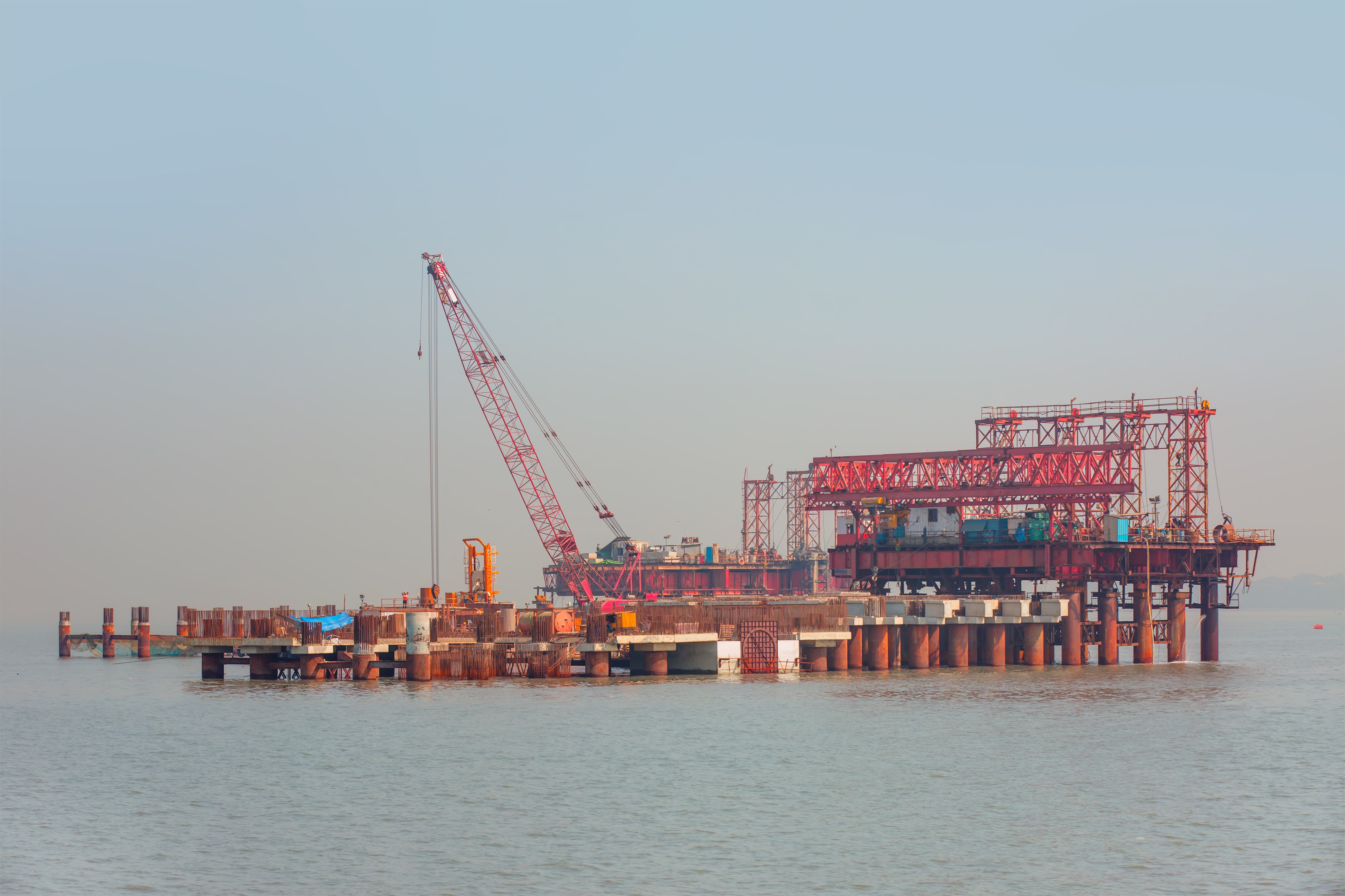
We are progressing towards a low-carbon future and that has indeed become a fundamental aspect in formulating all strategies for the coming years. Despite disagreements among stakeholders on how we might reach there and the pace of change that is required, there still seems to be a broad unity in achieving this long-term vision. It has been projected that global energy consumption may increase by around a third by 2040, driven by rising population and increasing prosperity.
We also need to strategize our plans to meet the Paris climate goal which has stated the need to reduce carbon emissions roughly by half all over the globe. We will have to figure out an energy portfolio that will meet the needs of a growing population that is predicted to grow by 1.5 bn by the end of the century as well as satisfies the ever-increasing living standards of the existing populace. Renewables alone won’t be enough. It has become imperative to make use of different types of energy sources, including cleaner methods of using oil and gas.
This, in the case of oil and gas, means focusing on “advantaged” barrels — the barrels that are the lowest not only in terms of cost, risk but also emissions. Moreover, because of the lower oil prices, the urgency to improve the O&G process efficiency has come to the fore.
What we all want is a future with reliable, ample, affordable, cleaner energy for the world, but this is where the consensus ends. There are many different views on the best path to get there, and the pace of change required, as well as the role that oil and gas companies will play in the future.
We can expect to see a lot more instances of companies exploring the following:
- Better use of Data: McKinsey placed the O&G industry’s performance gap at $ 200 bn. McKinsey’s research explains, ‘that on average, offshore platforms run at only 77% of maximum production potential’ which makes it more crucial to make better use of existing data.
- Creating Digital Oilfields: Using cloud technologies and big data, the digital oilfield allows for all operational data to be monitored, analyzed and utilized in real time, leading to safer, more sustainable decisions being made.
- Oil Recycling: Small-scale waste-oil micro-refinery units are being utilized by more companies to transform used oil into diesel fuel. This approach helps yield fuel for ongoing operations and it’s also a relatively inexpensive alternative to more traditional oil disposal methods.
- Water Recycling: More effective ways of recycling and reusing water are being explored by O&G companies for their operations. Increasingly, companies are aiming to use 100% non-potable water by improving filtration oxidization methods, as well as advanced chemical-free water treatment solutions to neutralize bacterial contaminants such as sulphate-reducing and iron-oxidizing bacteria.
- Operations costs can be reduced significantly with a reliable process for recycling and reusing produced water. Below listed are some suggestions in this direction:
- Using treated water for wildlife and stock ponds located near drill pads.
- Produced water is also used as a method to suppress dust on dirt roads.
- The produced water can be first treated with a process such as reverse osmosis, then that high-quality water can be introduced to drinking water sources via aquifer soil treatment.
- The farming and agriculture sector also benefit from using treated, produced water. A study concluded ‘irrigation of cotton crops with treated produced water blended with groundwater did not reduce the cotton yield or lint quality.’
- Operations costs can be reduced significantly with a reliable process for recycling and reusing produced water. Below listed are some suggestions in this direction:
- Clean Gas Project: In 2018, Oil and Gas Climate Initiative (OGCI) - Climate Investments announced that it is entering into a strategic partnership with BP, ENI, Equinor, Occidental Petroleum, Shell and Total to execute the first commercial full-chain Carbon Capture Utilization and Storage (CCUS) project in the UK under the Clean Gas Project. The Clean Gas Project will generate power from natural gas, and the CO2 then captured will be transported by pipeline for storage in a formation under the Southern North Sea. This built infrastructure would enable industrial clusters in the area and elsewhere to capture and store CO2 from their processes. This clean CO2 process could also attract CO2-utilization companies, strengthening the region with new technologies and investment. As the project progresses, there will be additional partners across the entire value chain.
- Biofuels: Equally exciting are the advances being made in biofuel, which may enable production levels on a much larger scale soon. An oil and gas giant have said that it could be making 10,000 barrels a day within a few years as it is only a small drop that produces large amounts of oil giving a huge boost to the amount of algae-based biofuel. The overarching goal is to get to a sustainable, renewable biofuel that can be cost-competitive with pumping oil out of the ground but can scale to levels that go far beyond demonstration levels.
Biggest oil companies across the globe are investing in more clean energy deals. The overarching goal of reducing carbon emissions is witnessing the simultaneous rise in popularity and usage of Green technologies. But this is where the story of energy transformation only begins. The future holds much more promise as there is a clear shift that is being witnessed from biofuels towards digital energy.
- https://www.worldfutureenergysummit.com/wfes-insights/8-ways-the-oil-and-gas-industry-is-making-better-use-of-sustainable-technologies#/
- https://oilandgasclimateinitiative.com/climate-investments-announces-progression-of-the-uks-first-commercial-full-chain-carbon-capture-utilization-and-storage-project/
- http://business.financialpost.com/entrepreneur/four-ways-technology-is-making-the-oil-and-gas-industry-greener
- https://www.cbinsights.com/research/oil-gas-corporate-venture-capital-investment/
- https://www.theguardian.com/business/2018/feb/06/bp-aims-to-invest-more-in-renewables-and-clean-energy
- https://www.energyjobline.com/article/is-clean-technology-reshaping-the-oil-industry/
- https://www.epmag.com/oil-gas-industry-rejuvenate-cleantech-perception-1672386
- http://bwdisrupt.businessworld.in/article/Oil-and-Gas-Companies-Increasingly-Invest-in-Clean-Tech-Analytics-IoT/27-03-2018-144603/
- https://usgreentechnology.com/review-clean-technology-oil-gas-industry/
- https://www.bloomberg.com/news/articles/2017-10-24/big-oil-is-investing-billions-to-gain-a-foothold-in-clean-energy
- https://www.greenbiz.com/article/how-oil-and-gas-companies-can-prepare-low-carbon-world






